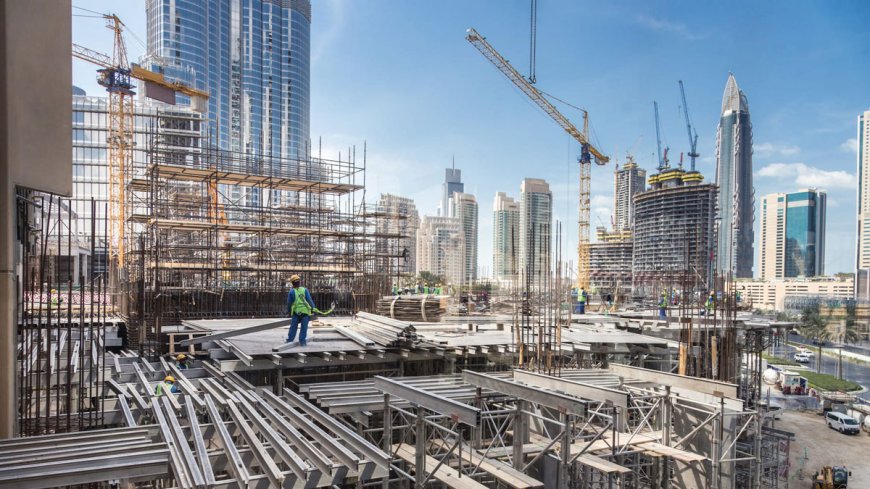Arbitration – a viable and cost-effective method for resolving construction disputes

Disputes are a cause of significant additional expenditure and delays to the delivery of construction projects. The immense scale of costs and overruns attributed to disputes, and their often-controllable causes, are revealed in an annual analysis of 1,800 projects in 106 countries undertaken by the consulting firm, HKA.
The HKA Crux Insight Report 2023 testifies to the scale of the problem. It reveals that total expenditure on projects worldwide is routinely increased by $billions and the culminative delays amount to hundreds of years, all because of contractual disputes. In the report, 16 of the projects explored were in India. The average capital expenditure on each of these projects was around $1.8 billion. It is evident that all the projects suffered from additional costs and delays because of disputes between employers, major project partners and across the supply chain.
When contracting parties fall out, matters can often escalate to the courts. Dealing with disputes through litigation in the courts in most global jurisdictions takes up valuable time and resources, and India is no exception.
The legal costs before, during and after litigation can be so immense for employers and contractors alike, that businesses can get into financial difficulties or even go bankrupt. Projects are delayed and many are cancelled. It is evident that a viable alternative to litigation is needed.
Arbitration is a simpler, less formal and more cost-effective alternative to litigation. It is used globally in the construction sector and has, over decades, proven to be a useful means of dispute resolution. Additionally, arbitration can be speedier, often resolving disputes much faster than court cases, which can drag on for years in some cases. Another advantage is confidentiality. Arbitration proceedings are typically private, whereas court cases are a matter of public record.
In simple terms, the process involves each party putting their side of the argument, along with evidence to support their case, to the arbitrator. This may be done wholly by written representations or in an oral hearing, or through a mix of both written evidence and oral testimony. Each party is also able to see and hear what the other party has submitted and can address their responses directly to the arbitrator. The arbitrator’s role is to assess the totality of arguments and evidence submitted by the parties, decide who is the most persuasive and then decide on the dispute, which is legally binding.
The arbitration process in India, which is regulated by the Arbitration and Conciliation Act 1996, enables parties to refer their dispute to the decision of one or more arbitrators who make a binding decision. A contract may include a clause that provides for disputes to be arbitrated. If there is no such clause, parties can agree to use arbitration as the process to resolve disputes.
While arbitration is well-established in many global jurisdictions, its development in India is still in its formative stages. For arbitration to become an integral part of the way construction disputes are resolved in India, parties must be confident in the process and in the arbitrators.
Arbitrators must be impartial and independent. They should be trained and qualified in the law and practice of arbitration. Ideally, an arbitrator appointed to decide a particular dispute should be credible and have substantial knowledge and experience in the subject matter that is in dispute.
RICS is a global professional body that promotes and enforces standards for professionals who work in real estate, construction and infrastructure. RICS was established in 1868 and granted its Royal Charter in 1881. The MRICS qualification has been recognised by the Government of India since 1975.
RICS, through its Dispute Resolution Service (DRS), is working with legal professionals and members of the Indian judiciary on ways to manage and resolve disputes in the construction and engineering sector that provide viable alternatives to litigation.
In May 2024, in partnership with Dentons Link Legal, RICS launched an arbitration service tailored specifically for India, which is designed to deal with all types of construction contract disputes. One of the aims of the service is to give parties confidence that arbitration is fair and impartial. A panel of RICS arbitrators has been established in India and is made up of senior professionals from the upper echelons of the Indian property and construction sectors and several retired judges drawn from the Supreme Court of India and various Indian High Courts.
RICS is also working with property professionals in India to help them understand and use arbitration and other forms of alternative dispute resolution (ADR) and it is hoped that many will go on to undertake training and become qualified arbitrators themselves.

Martin Burns
Head of ADR Research and Development, RICS







